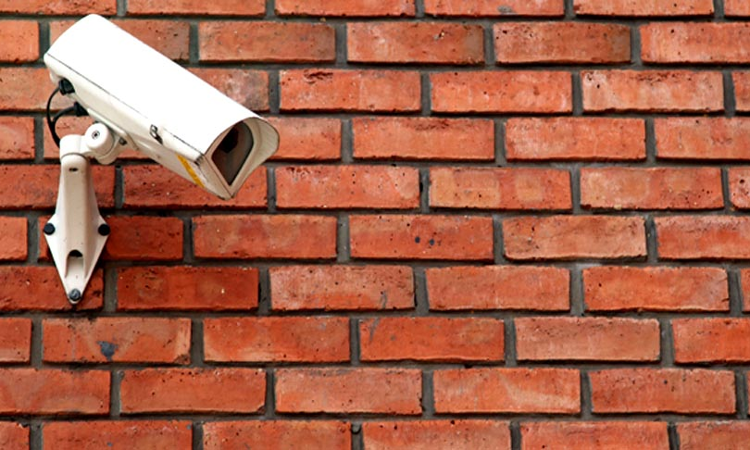The Delhi High Court on Tuesday issued notice on a petition filed by Delhi Parents Association and Government School Teachers Association, challenging the decision of the Delhi government to install CCTV cameras inside classrooms in all Government-run schools as violative of fundamental rights guaranteed under Articles 14, 19(1)(a) and 21 of the Constitution.The Division Bench comprising...

